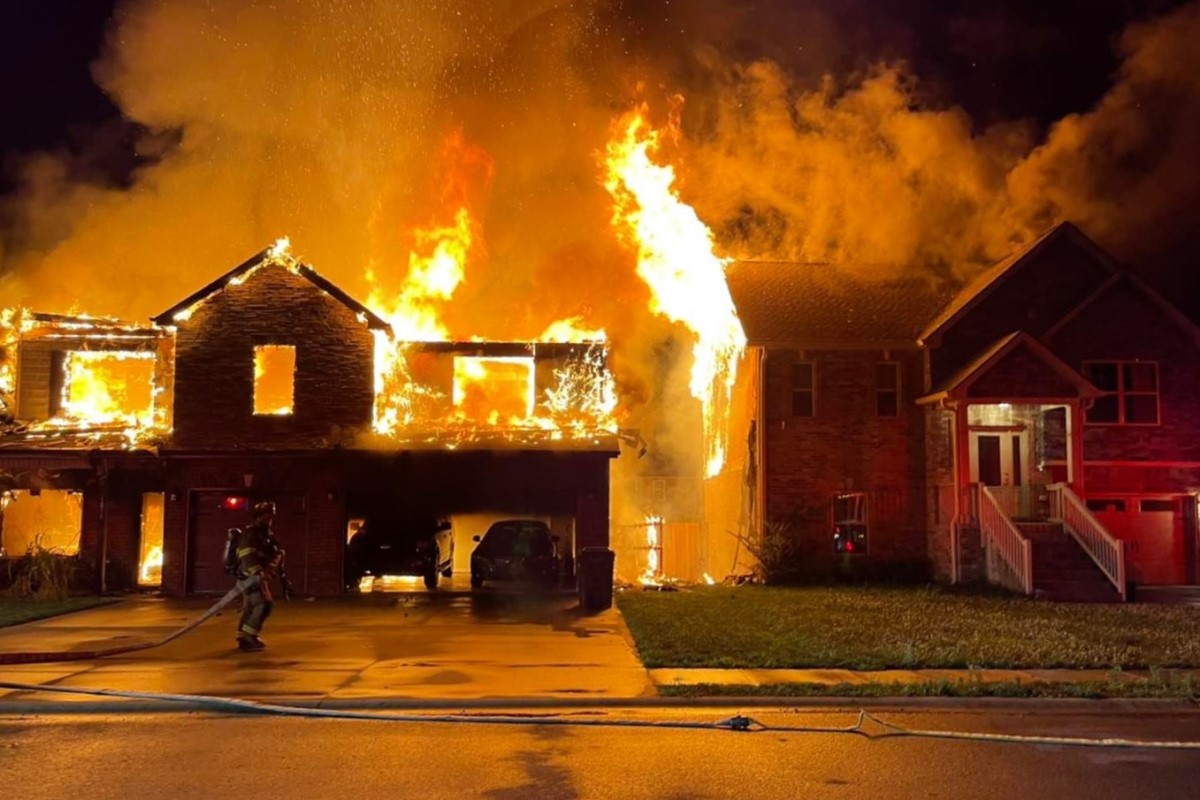How to Protect Your Home And Family From Fire
A fire can be devastating to your home and family, yet many people ignore common fire hazards and don’t prepare themselves or their family members for this common catastrophe.
While a house fire can happen by accident to unsuspecting homeowners, many house fires are completely preventable. Set aside some time and effort to protect your home and family from a devastating blaze with these safety tips.
1. Make sure you have adequate insurance
First, you need to realize that nothing you can do will possibly reduce the risk of a fire to zero, so you will need to purchase adequate insurance to cover your home. This will help you, in the disastrous event of a fire at your house, cover the costs of the damage and help you get back on track. If you do not have fire protection you may find yourself in a tough situation.
After you have insured your home and belongings, you should take measures to reduce the risk of fire as much as you can.
2. Install smoke and carbon monoxide detectors
The number one cause of total loss and death by fire is the lack of working smoke detectors in the home. Smoke detectors are not expensive. Install good-quality smoke detectors in your home and check the batteries at least twice each year.
At a minimum, there should be one smoke detector on each floor including the basement. Ideally, there should be one detector in each bedroom as well as in common areas like hallways. Carbon Monoxide (CO) detectors should be placed by the furnace. A properly installed and working smoke detector can save lives and might save your home.
3. Prevent careless fires
While smoke detectors provide the safety and security of early warning in case of fire, preventing a careless fire from ever starting is another important safety measure you can take. You can easily take fire prevention measures by looking at your house room by room and practicing basic safety rules.
In the kitchen, always double-check appliances like stoves, ovens, toasters, and coffee pots. Make sure they are turned off when not in use and unplug small appliances after each use.
Never leave cooking food — whether on the stovetop, in the oven, microwave or on your barbecue — unattended. Always keep an eye on the food that you are cooking, and keep items that can catch fire away from the stovetop.
Keep flammables, such as drapes and furniture, away from portable heaters or open-flame candles. Keep matches away from small children’s reach.
If you need to store combustible materials, carefully read and follow the packaging instructions. Keep combustible materials away from areas exposed to high heat.
4. Use electrical outlets properly
Do not overload electrical outlets that could cause a fire. If you need additional power from an outlet, either use a power strip with a surge protector or hire a licensed electrician to run additional power to the outlet.
Set up a routine of checking appliance cords every month or so. This should be done for lamps, TVs, toasters, etc. Check the cords for fraying or open areas. If you notice any problem either replace the item, have the cord replaced, or cover it with electrical tape.
5. Have at least one fire extinguisher
Always keep a small fire extinguisher in or near the kitchen area in case of accidental grease or electrical fires. Don’t just keep the fire extinguisher handy; make sure you know how to use it.
You might also want to keep additional fire extinguishers in the basement, garage, and on second floor if you have one.
6. Plan and practice a fire escape route
Planning an escape route is critical in being prepared for an emergency and can save you valuable time in the event of a fire. Make sure everyone knows how to escape and keep all exits clear. Always keep keys for doors and windows where everyone can find them.
At least twice a year, practice your escape plan during the day and at night. Assign an adult to wake and assist each child in the house. Also, consider lending extra help to family members who are physically challenged or elderly. Identify a meeting place outside the home.
If there is a fire, get everyone out of the house as soon as possible and call 911.

